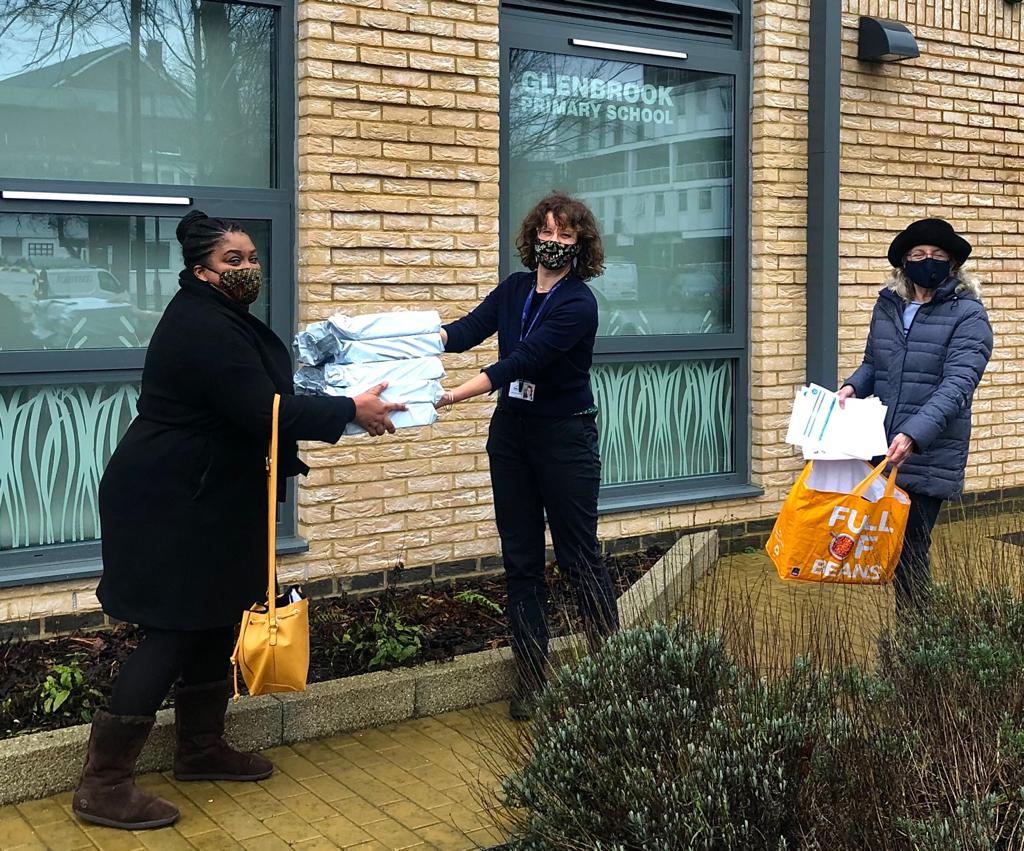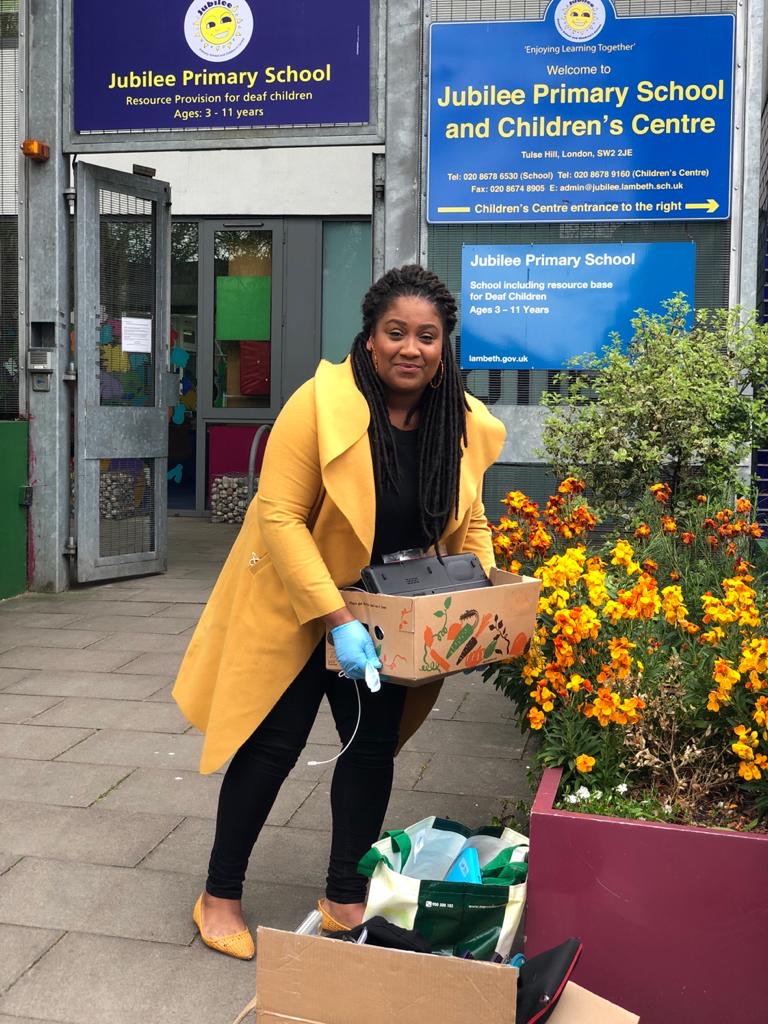Universal free broadband was pilloried by the press and the Conservatives alike during the last election, but as the pandemic forces us to recognise what is really useful, there will be a generation demanding that internet is recognised as a basic right.
As we head into another full national lockdown, families across the country are coping with the challenge of school closures at extremely short notice. It is worth reiterating that schools are one of the last things anyone wants to shut down, especially teachers, who understand the serious impact this will have on their most disadvantaged students better than anyone. But with the government unwilling to act to bring the infection rate down, I commend education staff for taking a decisive stance to protect the whole community.
For children without access to devices and internet, school closures will mean a virtual halt to their education. At the start of the pandemic, Ofcom estimated that up to 1.78 million children in the UK did not have access to a laptop, tablet or desktop device, with 880,000 living in households with only a mobile internet connection.
The idea of universal free broadband was pilloried by the press and the Conservatives alike during the last election. But as the pandemic forces us to rethink what is really valuable and useful to us as a society, there will be a generation demanding that internet is recognised as a basic right.
Without a home internet connection, people face exclusion across every area of life. Nowhere are the effects of this clearer than in education, where the stakes could not be higher. During the first lockdown, we saw an unprecedented rise in educational inequality, with the learning gap between disadvantaged pupils and their peers rising 46% between July 2019 and July 2020.
We have known for months that schools were going to face disruption. We have also known that distance learning was going to be a key part of the education mix to contain transmission of the virus. The Department of Education’s insistence that schools stay open at all costs stands in stark contrast with its refusal to give schools the resources they need to cope with disruption.
The Department of Education has now pledged to deliver 750,000 devices by the end of next week. This begs two questions: firstly, if it can be done that quickly, why has it been on the back burner for nine months? Secondary school attendance was down 15% on last year in the last week of term before Christmas. Children in my constituency have been off without access to devices this whole time. Secondly, given the DfE’s woeful performance so far, will this be another case of overpromising and underdelivering?
The Welsh Labour government worked with schools and local authorities to quickly provide laptops and routers to disadvantaged learners by the end of May. In Westminster, they outsourced the task provision without competitive tender to Computacentre, another company with family links to Tory donors. As their June deadline came and went, schools were left without many of the 230,000 laptops initially promised, who later ended up slashing allocation by up to 80% for schools in some of the most disadvantaged areas of the country.
Throughout the pandemic, I’ve worked with local schools to deliver laptops, tablets and other devices to school pupils who would otherwise struggle to access them at home. The generosity of our community means we’ve been able to distribute close to 100 donated devices to local schools so far, but this is a drop in the ocean compared to what is needed after a decade of rising poverty and deep education cuts.
Right now we face a pivotal moment for children’s education and must pull together. But the pandemic has been a lesson that the government must not leave communities to fend for themselves. As we rebuild, we must guarantee a device for every child and full-fibre internet for every home.
Find out more about my Laptops for Learning initiative here.
This article was first published on 7th January on Politics Home: https://www.politicshome.com/thehouse/article/its-time-to-admit-labour-was-right-about-free-broadband-and-tackle-the-digital-divide



